Understanding what it takes for whey protein to be certified organic and the quality differences between organic whey blends and whey protein isolate is crucial for making an informed decision.
First off, there is no true Organic Whey Protein Isolate on the market because it would cost consumers $200+ for 5lbs. The technology is available, but the cost is so high there is not a large enough consumer market for it to make it feasible for whey companies to sell. That's why any organic whey is always converted to the lowest grades of whey, typically being whey protein concentrate.
What Makes Whey Protein Organic?
To be certified as organic, whey protein must adhere to strict USDA organic standards. Here are the key requirements:
Organic Feed for Cow
The cows producing the milk for whey must be fed organic feed, free from synthetic pesticides, fertilizers, and genetically modified organisms (GMOs).
Natural Living Conditions
Cows must have access to the outdoors and be raised in conditions that allow them to express natural behaviors. This includes access to pasture and humane treatment.
No Antibiotics or Hormones
The cows must not be given antibiotics or synthetic growth hormones. If an animal becomes sick and requires antibiotics, it must be removed from the organic herd. While not technically "certified organic," all Pure Choice Farm Whey is produced from farms that are rBGH-free (recombinant Bovine Growth Hormone used to increase milk production).
Organic Processing Standards
The whey must be processed without synthetic additives or prohibited substances. The processing facility must also be certified organic to prevent contamination.
Soil Health and Crop Rotation
Farms must maintain or improve soil and water quality, implement crop rotations, and avoid prohibited substances on land used for feed crops for at least three years prior to harvest.
Certification and Inspections
The entire process, from farming to processing, must be certified by a USDA-accredited certifying agent. This includes annual inspections and thorough record-keeping to ensure compliance with organic standards.
While Pure Choice Farms may not have USDA inspectors visiting, they do adhere to stringent standards, with FDA inspectors checking the facilities due to whey’s classification as a dairy product—one of the most regulated food industries in the world.
We're also also third-party tested for potential contaminants, including heavy metals, bacteria, and pH levels.
Grass-Fed Whey Protein and Organic Protein: Understanding the Difference
Many consumers look for grass-fed labels on whey protein, assuming it means the cows ate only grass. However, "grass-fed" is a more complex term in agriculture. Brands claiming "grass-fed" must disclose the percentage of grass in the cows' diet. It’s rarely 100%, especially in regions with harsh winters like Wisconsin, where cows cannot graze year-round.
For whey protein powder to be both organic and grass-fed, all grass must adhere to USDA National Organic Program (NOP) standards.
Key requirements for organic grass include:
Prohibition of Synthetic Chemicals: Organic grass must be grown without synthetic pesticides, herbicides, or fertilizers.
Organic Soil Management: Practices like crop rotation, cover cropping, and organic compost application are essential to maintain soil health.
Non-GMO Seeds: The grass must be grown from non-GMO seeds.
Buffer Zones: Organic grass fields must have buffer zones to prevent contamination from non-organic fields.
Three-Year Transition Period: Land used to grow organic grass must not have had prohibited substances for at least three years before harvest.
Annual Inspections: Producers must undergo annual inspections by a USDA-accredited certifying agent.
Achieving and maintaining this certification is costly and complex, making organic products much more expensive.
Organic Whey Concentrate vs. Whey Protein Isolate
So which is better? Organic Whey concentrate or Whey Protein Isolate?
Organic Whey Protein Concentrate (WPC):
Protein Content: Contains 70-80% protein by weight, with the remainder consisting of carbohydrates, fats, and water.
Processing: Undergoes less processing, retaining more naturally occurring nutrients like lactose and fats.
Cost: Generally more affordable due to lower protein content and simpler processing methods. However, it is still more expensive than non-organic whey concentrate due to additional requirements and regulations.
Whey Protein Isolate (WPI)
Protein Content: Contains at least 90% protein by weight, with most fats and carbohydrates removed.
Processing: More extensively processed to remove non-protein components, such as lactose and fats. All Pure Choice Farms Whey Is cold filtered at 80-90° to ensure maximum absorption of nutrients.
Cost: Higher due to more complex processing and higher protein content. While whey isolate is a purer form of whey protein, the additional processing makes it significantly more expensive.
Organic whey protein isolate would cost consumers at least $200 for 5 lbs, which is simply much higher than what most people are willing to pay. This is why most organic whey proteins available are lower quality whey blends rather than pure isolates.
Conclusion
Organic whey protein has a significantly higher cost and the complexity of certification which means that organic options are protein blends rather than isolates.
If you're looking for high quality whey "Organic" isn't the answer. Upgrade your protein game with Pure Choice Farms whey protein isolate— the highest grade cold-filtered whey protein isolate in the world. We take pride in delivering the absolute best quality, ensuring our whey protein isolate is pure, clean, and has absolutely no filler. We're so confident you'll love it that we offer a satisfaction guarantee.
